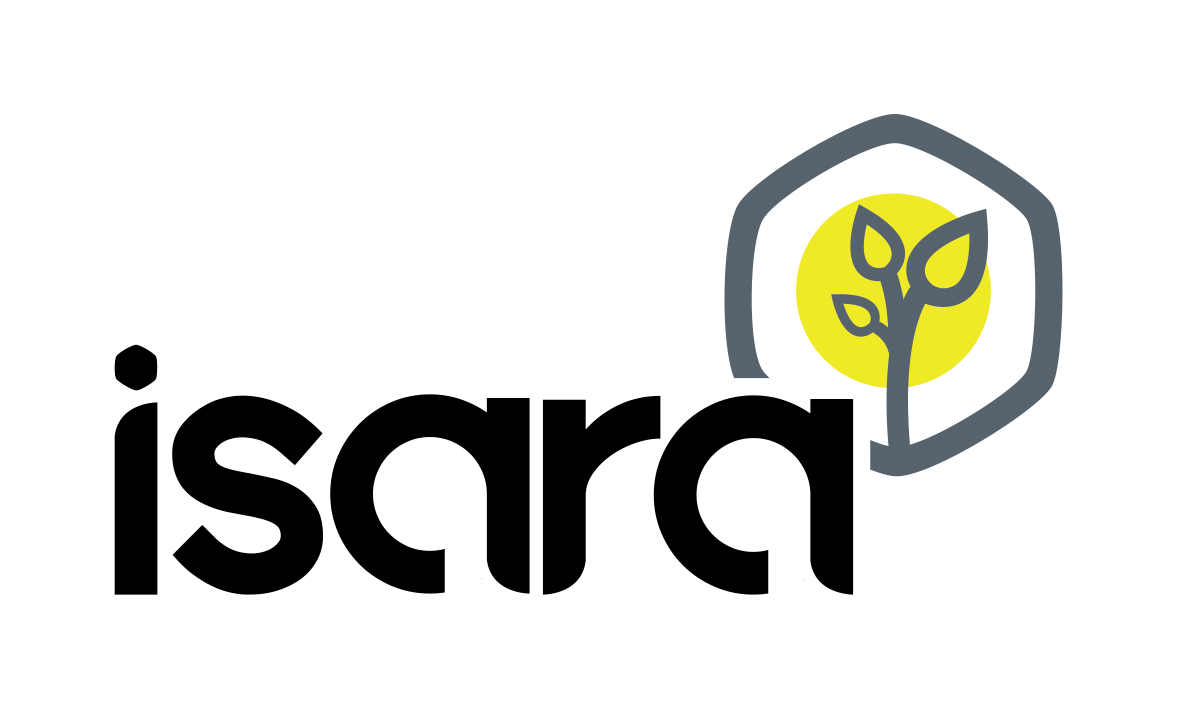Women in the dairy family farmer : analysis of uruguayan and french situations
Las mujeres en las explotaciones familiares lecheras : análisis de situaciones francesas y uruguayas
Résumé
The aim of this study was to characterize different aspects of women’s work at dairy family farms in France and Uruguay, from the analysis of practices and theirs representations. A study of 20 cases of women was carried out (10 in Uruguay and 10 in France), using semi-structured interviews, that later were re-transcribed for the thematic analysis of content. The results revealed that the familiar dairy farming involve an homogeneous participation of women work, with the main difference between studied countries in the gender status in the society and professional level of the women. Women from both countries carry out mainly the milking, the care of calves and the administrative work, varying their degree of responsibility. Their role in the work group can be assigned, delegated or chosen. The constructed compromise as a whole, can vary between strong (be responsible for tasks, active participation in decisions and chosen role) and weak (little participation in the tasks and little exchange of information). The diversity of compromise is related to the joint between familiar, professional and social universe, offering to the women a space of autonomy in time management and task accomplishment. These factors are important in the construction of an identity of their own.
El presente estudio se propuso caracterizar las diferentes formas de involucramiento de las mujeres en el trabajo de las explotaciones familiares lecheras de Francia y Uruguay, a partir del análisis de las prácticas y de sus representaciones. Para ello, se realizó un estudio de caso de 20 mujeres (10 en Uruguay y 10 en Francia), utilizando entrevistas semi-dirigidas, que posteriormente se retranscribieron para el análisis temático del contenido. Los resultados revelan que la lechería familiar representa un contexto de trabajo femenino relativamente homogéneo, donde la principal diferencia entre los países estudiados radica en cuestiones relacionadas al lugar de las mujeres en la sociedad y al estatuto profesional. Las mujeres de ambos países efectúan principalmente el ordeñe, el cuidado de los terneros y el trabajo administrativo, variando su grado de responsabilidad. Su rol en el colectivo de trabajo puede asignarse, delegarse o elegirse. El involucramiento construido en su conjunto, puede variar entre fuerte (responsable de tareas, participación activa en decisiones y rol elegido) y débil (escasa participación en las tareas y poco intercambio de información). La diversidad de involucramientos está relacionada a la articulación entre los universos familiar, profesional y social, los cuales ofrecen a las mujeres un espacio de autonomía en la gestión del tiempo y en la realización de las tareas, siendo estos factores importantes al momento de construir su propia identidad.
Fichier principal
 Las_mujeres_en_las_explotaciones_familiares_lecheras_2010.pdf (102.15 Ko)
Télécharger le fichier
Las_mujeres_en_las_explotaciones_familiares_lecheras_2010.pdf (102.15 Ko)
Télécharger le fichier
Origine : Fichiers éditeurs autorisés sur une archive ouverte
Licence : CC BY - Paternité
Licence : CC BY - Paternité


